Did you know the Snowy Mountains are home to Australia’s highest peak, Mount Kosciuszko, standing at 2,228 meters above sea level? This alpine wonderland receives an average of 2 meters of snow annually, creating a winter paradise that rivals international ski destinations. Whether you’re carving fresh powder in winter or hiking through wildflower-covered meadows in summer, the Snowy Mountains offer year-round adventures for every type of traveler.
Getting There & Planning Your Journey
The Snowy Mountains region is accessible through several routes, with options to suit every traveler’s preference. Most visitors begin their journey from Sydney (approximately 5-6 hours drive) or Canberra (about 2.5 hours drive).
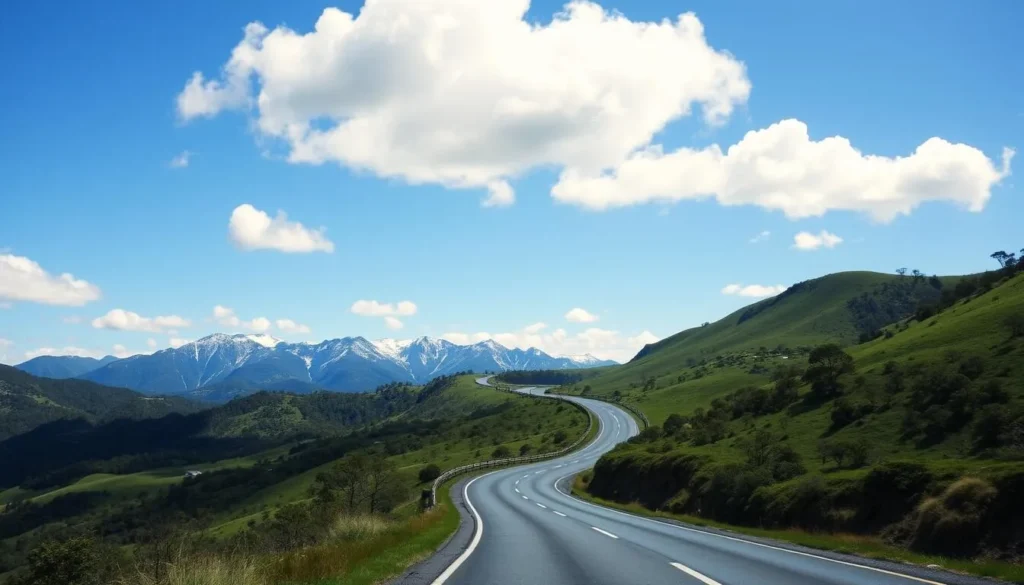
By Air
The Snowy Mountains Airport near Cooma offers the fastest route to the region. During winter, Qantas operates daily flights from Sydney and Brisbane, while Rex Airlines provides services from Sydney. From the airport, it’s just a one-hour drive to the major ski resorts.
By Car
Driving to the Snowy Mountains offers flexibility and scenic views. The region is accessible year-round, with routes passing through charming towns like Jindabyne and Cooma. During winter months (June to October), all 2WD vehicles must carry snow chains when traveling in Kosciuszko National Park.
By Coach & Train
Several coach operators run services from Sydney and Canberra to Jindabyne, Thredbo, and Perisher. NSW TrainLink connects Sydney to Cooma via Canberra, with further connections to other towns in the region.
Best Time to Visit & Weather Tips
The Snowy Mountains transform dramatically with the seasons, offering unique experiences throughout the year.

Winter (June to August)
Winter brings the famous snow season, perfect for skiing, snowboarding, and other snow activities. Temperatures typically range from -7°C to 4°C, with snowfall most reliable from late June through August. This is peak season, so book accommodations well in advance.
Spring (September to November)
As the snow melts, the mountains burst into color with wildflowers carpeting the alpine meadows. Spring offers mild days (7°C to 17°C) ideal for hiking, mountain biking, and fishing. The crowds thin out, making it a peaceful time to visit.
Summer (December to February)
Summer in the Snowy Mountains brings warm days (15°C to 26°C) perfect for outdoor adventures. It’s the ideal time to hike to Mount Kosciuszko’s summit, enjoy water sports on the lakes, or explore the region’s mountain biking trails.
Autumn (March to May)
Autumn paints the landscape with golden hues as temperatures begin to cool (5°C to 15°C). The crisp air and stunning foliage make this a photographer’s dream and a great time for hiking and wildlife spotting.
Getting Around Locally
Once you’ve arrived in the Snowy Mountains, there are several options for exploring the region.
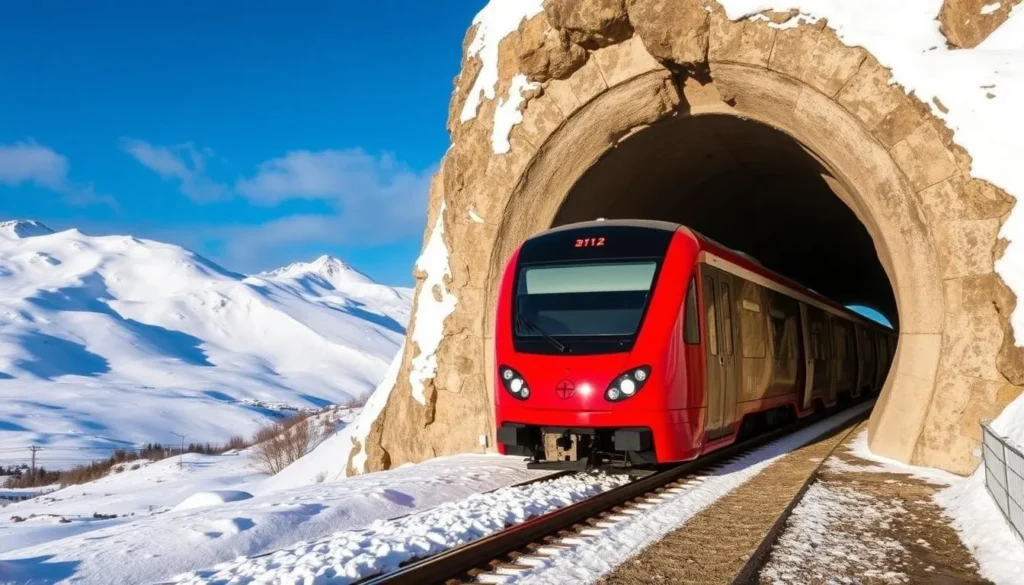
Skitube Alpine Railway
The Skitube is a Swiss-designed alpine railway that travels from Bullocks Flat (near Jindabyne) to Perisher Valley and Blue Cow. This 8.5 km journey takes just 17 minutes and offers a convenient way to access the slopes without driving in snow conditions.
Shuttle Services
The Snowy Mountains Bus Service operates regular shuttles between Jindabyne and the major ski resorts during winter. Services run hourly, increasing to every 30 minutes during peak periods and school holidays.
Car Hire
Having your own vehicle provides the most flexibility for exploring the region, especially in the non-winter months. Just remember that snow chains are mandatory for 2WD vehicles in certain areas during winter.
Tip: If visiting during winter, consider staying in Jindabyne and using the shuttle services to access the ski fields. This can be more economical than on-mountain accommodation and gives you access to a wider range of dining options.
Where to Stay
The Snowy Mountains offer accommodation options to suit every budget and preference, from luxury ski-in/ski-out lodges to cozy cabins and budget-friendly hostels.
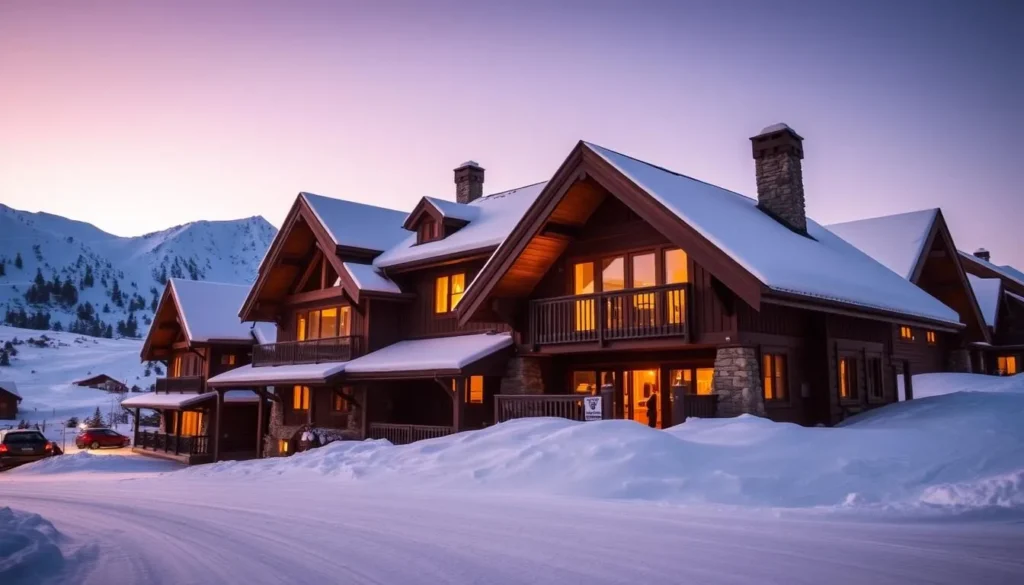
On-Mountain Accommodation
Staying at Thredbo, Perisher, or Charlotte Pass puts you right on the slopes with ski-in/ski-out convenience. These locations offer a range of options from luxury apartments and hotels to more affordable lodge-style accommodations.
Jindabyne
Located just 30 minutes from the major ski resorts, Jindabyne offers a wider range of accommodation options at more affordable prices. The town sits on the shores of Lake Jindabyne and provides numerous dining and shopping options.
Cooma and Surrounds
For budget-conscious travelers or those looking to explore the broader region, Cooma and the surrounding towns offer charming country motels, B&Bs, and holiday homes at lower rates than the ski resorts.
Dining & Local Cuisine
The Snowy Mountains region offers a diverse culinary scene, from hearty alpine fare to sophisticated dining experiences using local produce.
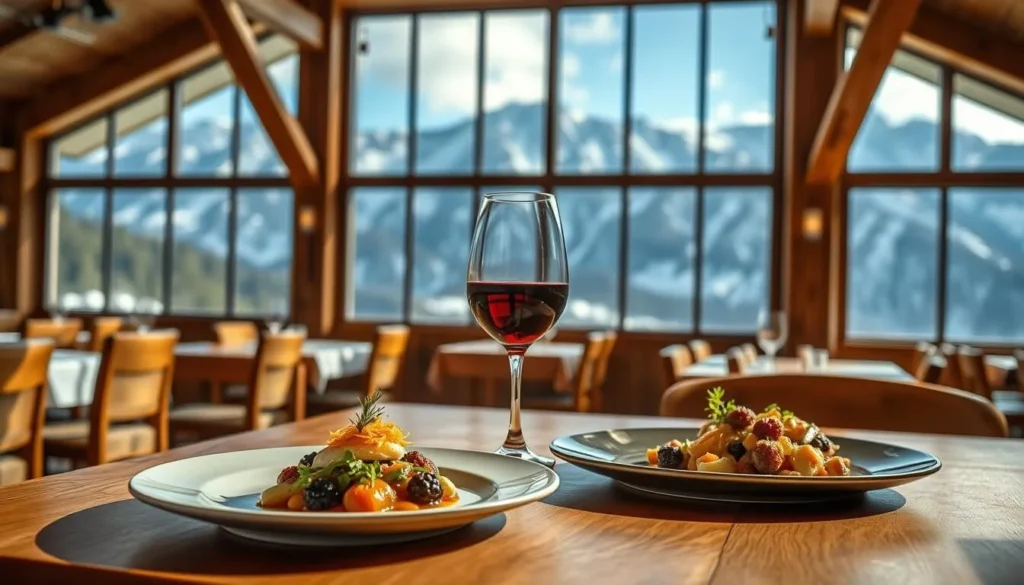
Alpine Dining
The ski resorts feature numerous restaurants and cafes serving everything from quick bites to gourmet meals. After a day on the slopes, enjoy traditional alpine cuisine like fondue, raclette, and hearty stews at one of the mountain restaurants.
Jindabyne Eateries
Jindabyne offers the widest selection of dining options in the region, from casual cafes and pubs to fine dining restaurants. Many establishments showcase local ingredients like Snowy Mountains trout and regional wines.
Local Specialties
Don’t miss the opportunity to try local specialties such as smoked trout from the alpine streams, regional cool-climate wines, and craft beers from the Snowy Mountains Brewery. The region’s clean air and water contribute to the exceptional quality of local produce.
Foodie Tip: Visit the Jindabyne Farmers Market (held on the first Saturday of each month) to sample and purchase local produce, including honey, preserves, baked goods, and seasonal fruits and vegetables.
Attractions, Sightseeing & Activities
The Snowy Mountains offer a wealth of attractions and activities throughout the year, ensuring there’s something for everyone regardless of when you visit.
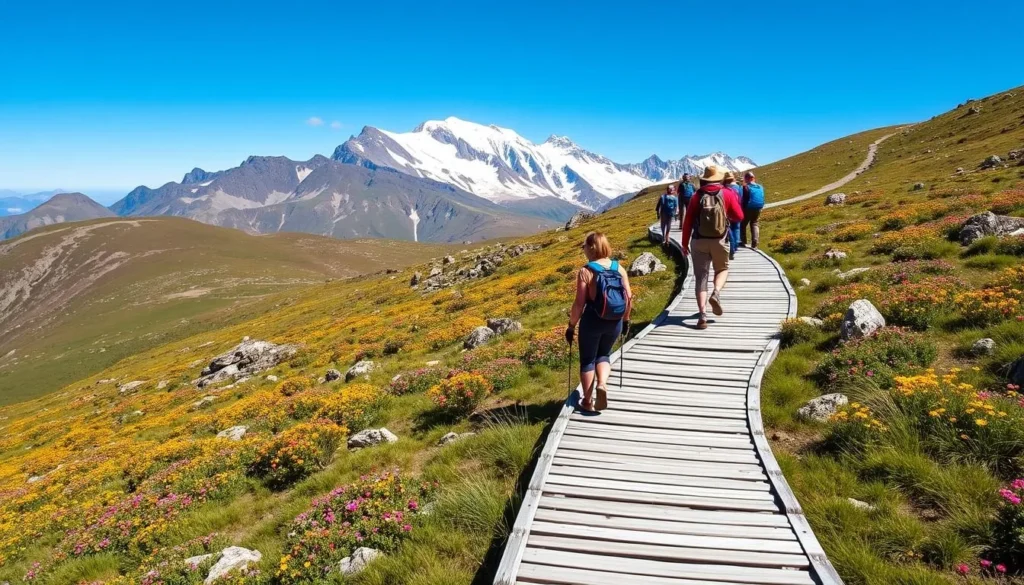
Winter Activities
The Snowy Mountains are Australia’s premier winter sports destination, offering world-class skiing and snowboarding across several resorts:
Thredbo
Home to Australia’s longest ski run (the 5.9 km Crackenback Supertrail) and a vibrant village atmosphere with excellent après-ski options.
Perisher
The largest ski resort in the Southern Hemisphere, comprising four interconnected areas with 47 lifts and over 1,200 hectares of skiable terrain.
Charlotte Pass
Australia’s highest ski resort, offering a more intimate experience with no day visitors (access is via oversnow transport from Perisher).
Beyond skiing and snowboarding, winter visitors can enjoy snowshoeing, cross-country skiing, tobogganing, and snow tubing. Many resorts also offer night skiing for a magical experience under the stars.
Summer Activities
When the snow melts, the Snowy Mountains transform into a playground for outdoor enthusiasts:
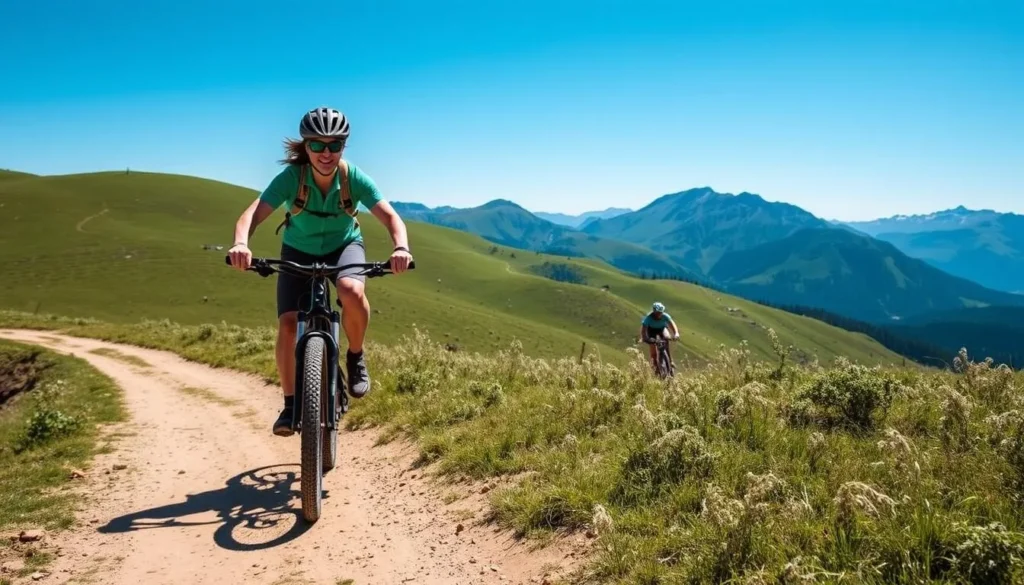
- Hiking to the summit of Mount Kosciuszko via the Thredbo chairlift and boardwalk (13 km return)
- Mountain biking on the extensive network of trails, including the famous Thredbo Valley Track
- Fishing for trout in the pristine alpine streams and lakes
- Horse riding through the high country, following in the footsteps of the legendary mountain horsemen
- Water sports on Lake Jindabyne, including sailing, kayaking, and stand-up paddleboarding
Museums, Cultural Spots & Festivals
The Snowy Mountains region has a rich cultural heritage, from Indigenous connections to pioneering history and the engineering marvel of the Snowy Hydro Scheme.
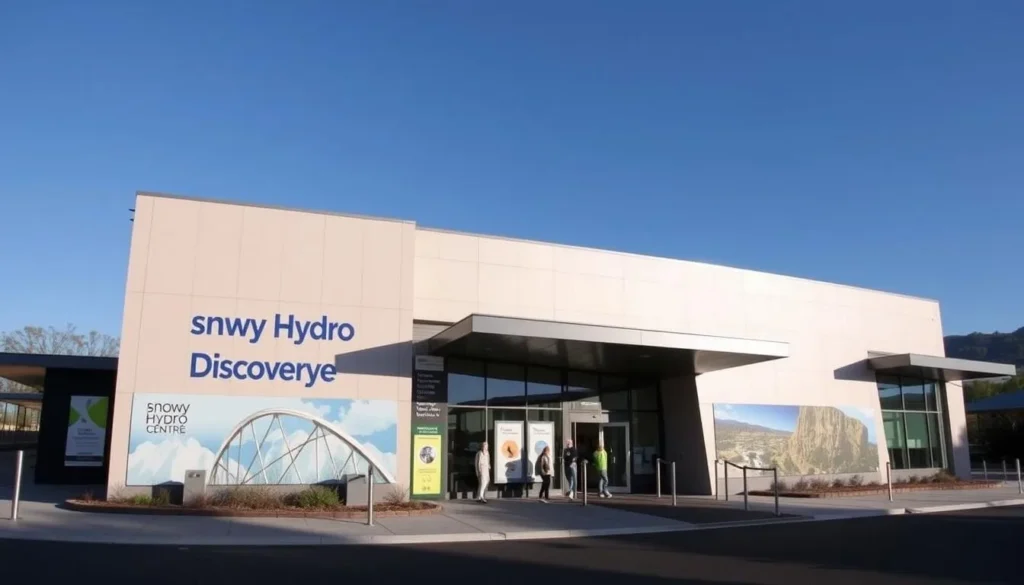
Museums & Heritage Sites
- Snowy Hydro Discovery Centre (Cooma) – Interactive exhibits telling the story of the Snowy Mountains Hydro-Electric Scheme, one of the world’s greatest engineering marvels.
- Corrective Services NSW Museum (Cooma) – Housed in the historic Cooma Courthouse, this museum showcases the history of NSW corrections.
- Thredbo Alpine Museum – Documenting the history of skiing in Australia and the development of Thredbo as a premier alpine resort.
- Yarrangobilly Caves – These limestone caves feature spectacular formations and a thermal pool that maintains a constant 27°C year-round.
Indigenous Heritage
The Snowy Mountains are the traditional lands of the Ngarigo people, who have a deep connection to this country spanning thousands of years. Visitors can learn about Indigenous culture and history through guided tours and interpretive displays at the Kosciuszko National Park visitor centers.
Festivals & Events
The region hosts numerous events throughout the year:
- Winter – Interschools Snowsports Championships, Peak Festival (June long weekend)
- Spring – Thredbo Blues Festival, Snowy Mountains Trout Festival
- Summer – L’Étape Australia cycling event, Thredbo Jazz Festival
- Autumn – Easter Festival, Snowy Mountains Country Music Festival
Sports, Nature & Outdoor Experiences
The Snowy Mountains National Park offers some of Australia’s most spectacular natural landscapes and outdoor experiences.
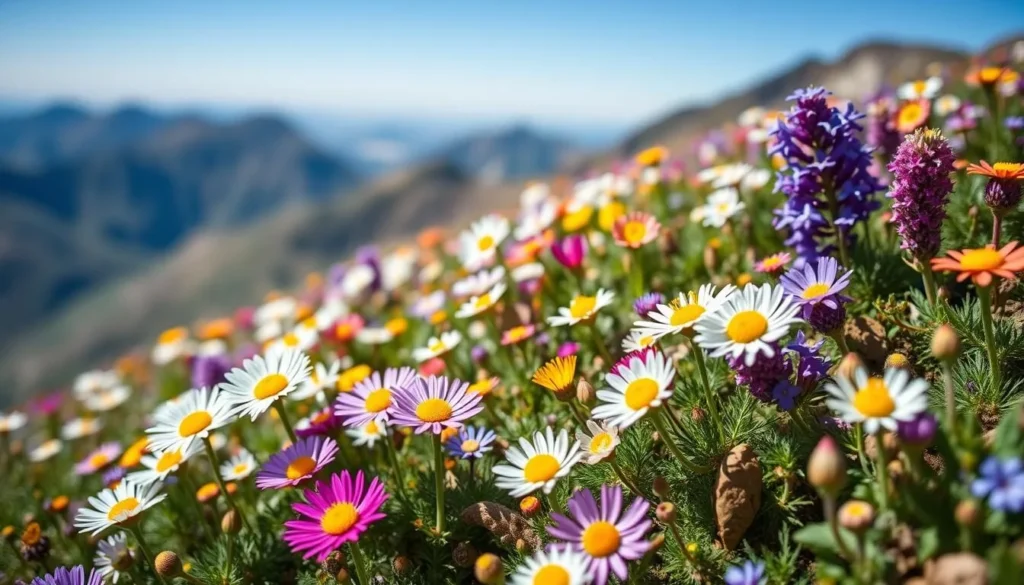
Kosciuszko National Park
Covering over 6,900 square kilometers, Kosciuszko National Park is a UNESCO Biosphere Reserve that protects unique alpine and subalpine ecosystems. The park features stunning landscapes including:
- Australia’s highest mountain, Mount Kosciuszko (2,228 meters)
- Glacial lakes such as Blue Lake and Lake Albina
- The headwaters of the Snowy, Murray, and Murrumbidgee Rivers
- Extensive snow gum forests and alpine meadows
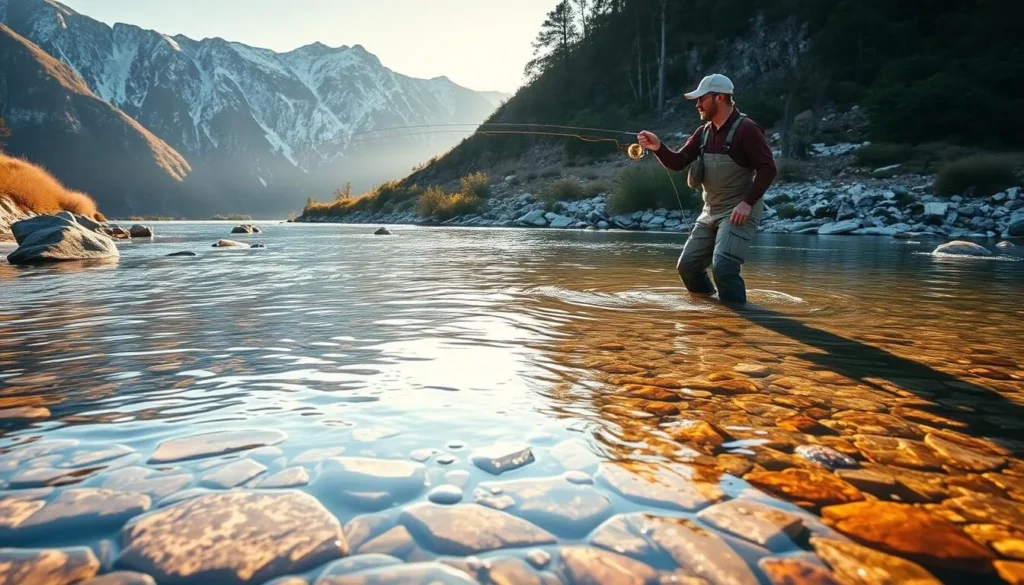
Wildlife Watching
The Snowy Mountains are home to a diverse range of wildlife, including:
- Wild brumbies (feral horses) roaming the high plains
- Kangaroos and wallabies grazing at dawn and dusk
- Wombats and echidnas in the forests and grasslands
- Over 200 bird species, including the rare mountain pygmy possum
Dawn and dusk are the best times for wildlife spotting, particularly in open areas near forest edges.
Safety, Etiquette & Local Customs
Staying safe in the alpine environment requires some special considerations, particularly during the winter months.

Winter Safety
- Always check weather forecasts before heading out and be prepared for rapid changes in conditions
- Carry snow chains for 2WD vehicles and know how to fit them correctly
- Stay on marked trails when skiing or snowboarding
- Apply sunscreen regularly – UV radiation is stronger at high altitudes
- Dress in layers and carry extra warm clothing, even on sunny days
Summer Safety
- Carry plenty of water and sun protection when hiking
- Register your hiking plans with the national park visitor center
- Be aware that weather can change rapidly – pack waterproof clothing
- Stay on marked trails to protect the fragile alpine environment
- Be snake-aware during the warmer months
Environmental Etiquette
The alpine environment is particularly fragile and slow to recover from damage. Visitors are asked to:
- Stay on marked trails and boardwalks
- Take all rubbish with you
- Respect wildlife by observing from a distance
- Use designated toilet facilities
- Avoid picking wildflowers or disturbing natural features
Important: All vehicles entering Kosciuszko National Park must pay an entry fee. Purchase a digital pass online before your visit, as annual passes are not available at entry gates.
Practical Travel Tips
Make the most of your Snowy Mountains adventure with these practical tips.
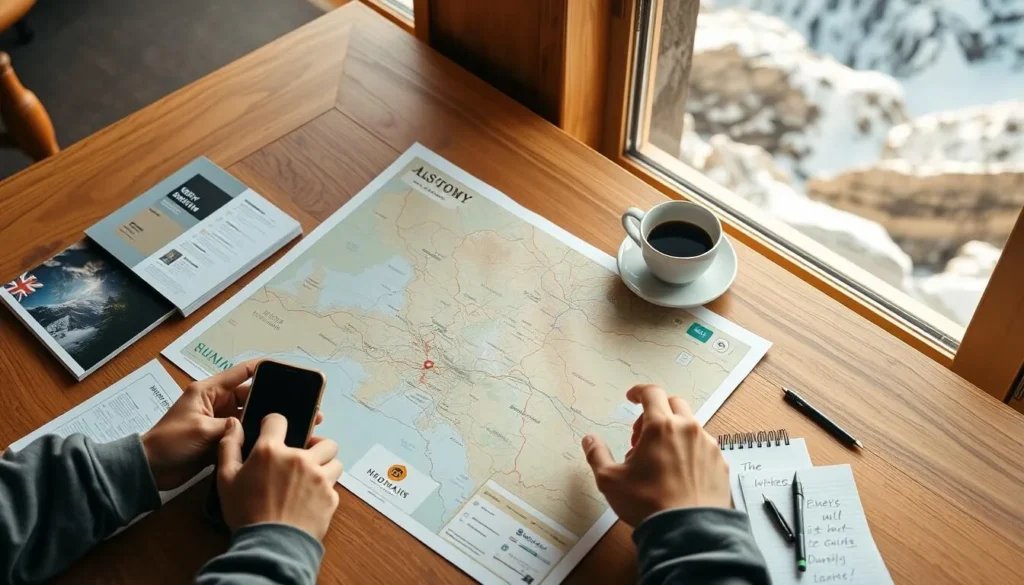
Money Matters
- ATMs are available in Jindabyne, Thredbo Village, and Perisher, but smaller towns may have limited facilities
- Credit cards are widely accepted, but it’s advisable to carry some cash, especially for small purchases
- Winter activities can be expensive – look for early bird specials and multi-day passes for better value
Connectivity
- Mobile coverage is generally good in towns and ski resorts but can be patchy in remote areas of the national park
- Free Wi-Fi is available in most accommodations and many cafes
- Download maps and important information before heading into remote areas
What to Pack
Depending on the season, consider packing:
Winter Essentials
- Thermal base layers
- Waterproof jacket and pants
- Insulated gloves and beanie
- Thick socks and waterproof boots
- Sunglasses and high-SPF sunscreen
- Lip balm with SPF protection
Summer Essentials
- Lightweight, breathable clothing
- Sturdy hiking boots
- Rain jacket and warm layer
- Hat and sunglasses
- High-SPF sunscreen
- Insect repellent
Local Tip: Fuel prices can be higher in the mountains, so fill up in larger towns like Cooma before heading into more remote areas.
Ready for Your Snowy Mountains Adventure?
From snow-covered slopes to sun-drenched hiking trails, the Snowy Mountains offer a diverse range of experiences throughout the year. Whether you’re seeking adrenaline-pumping winter sports, peaceful nature walks, or cultural discoveries, this alpine wonderland has something for everyone.
Pack your warmest clothes for winter or your hiking boots for summer, and prepare to be amazed by the natural beauty and adventure that awaits in the Snowy Mountains of New South Wales.
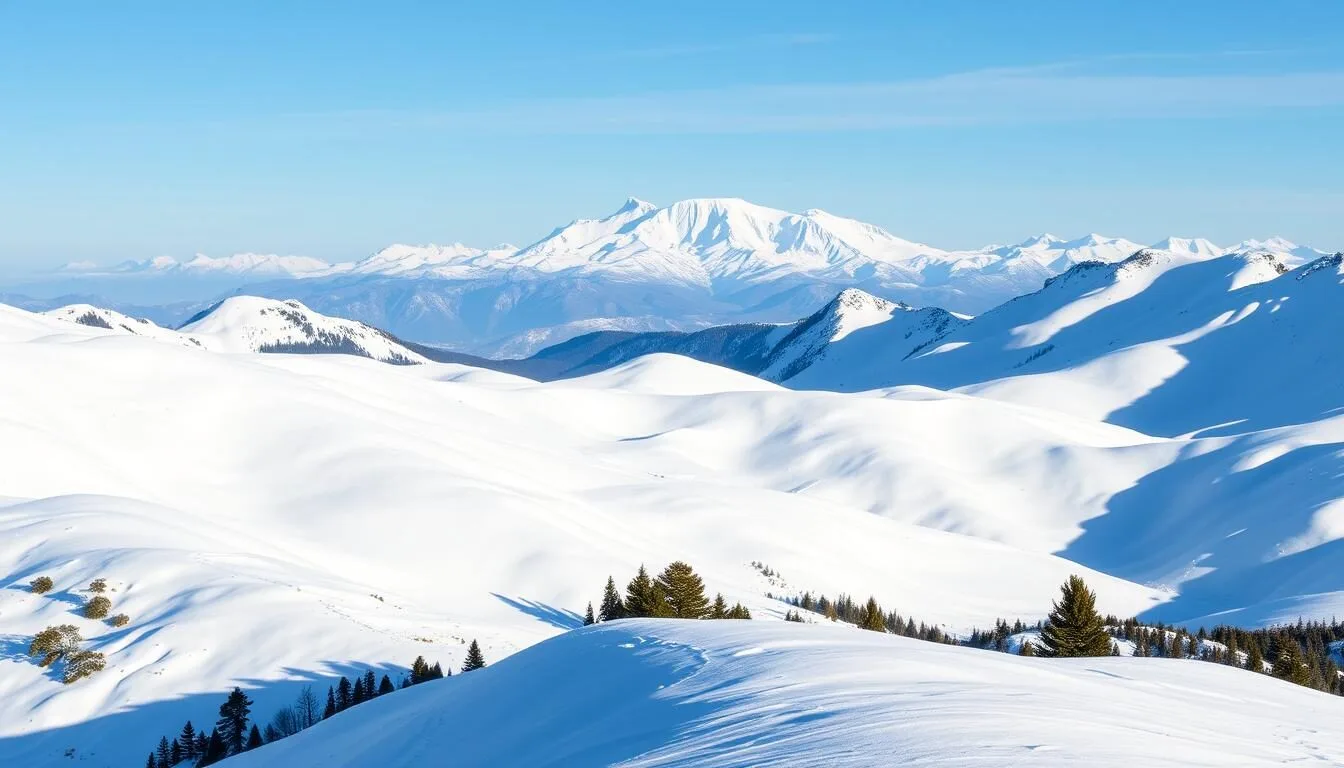
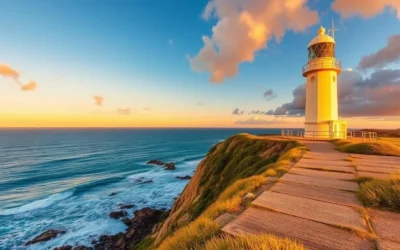
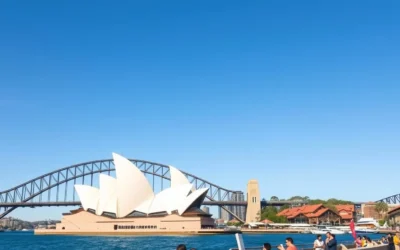
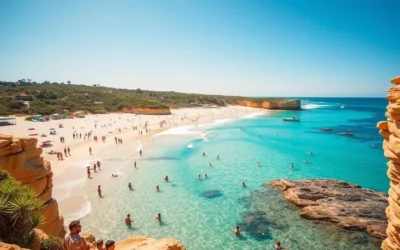
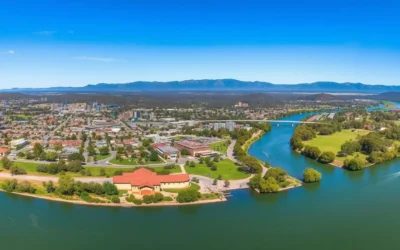
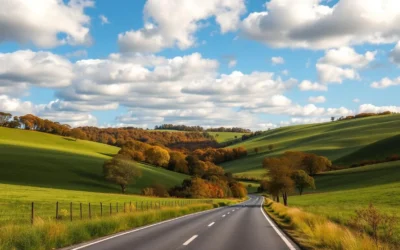
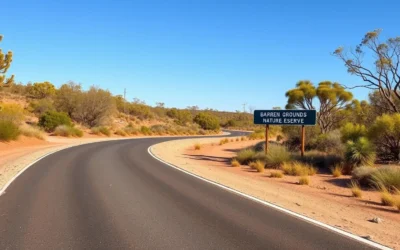
0 Comments